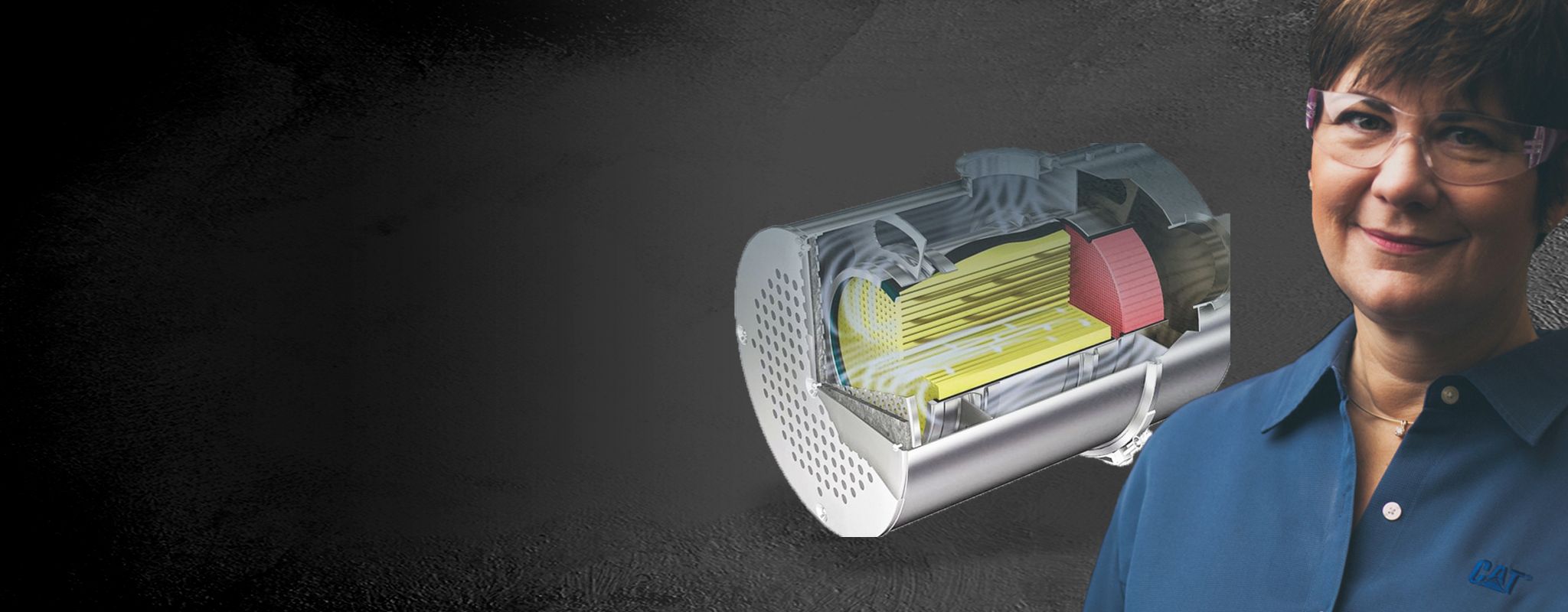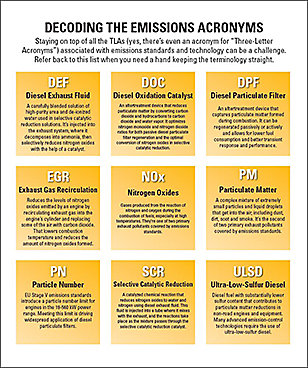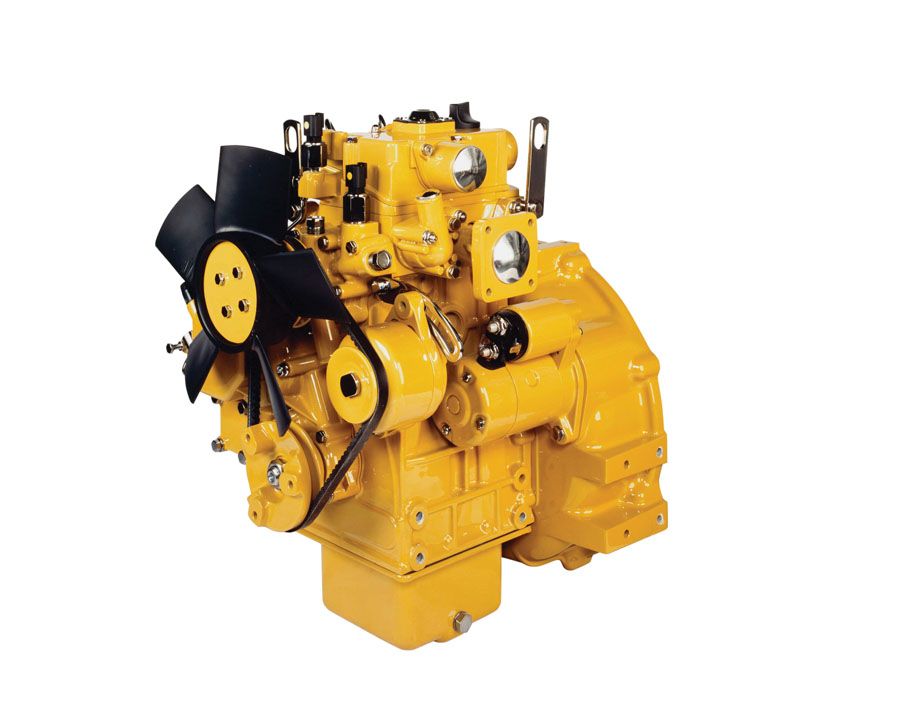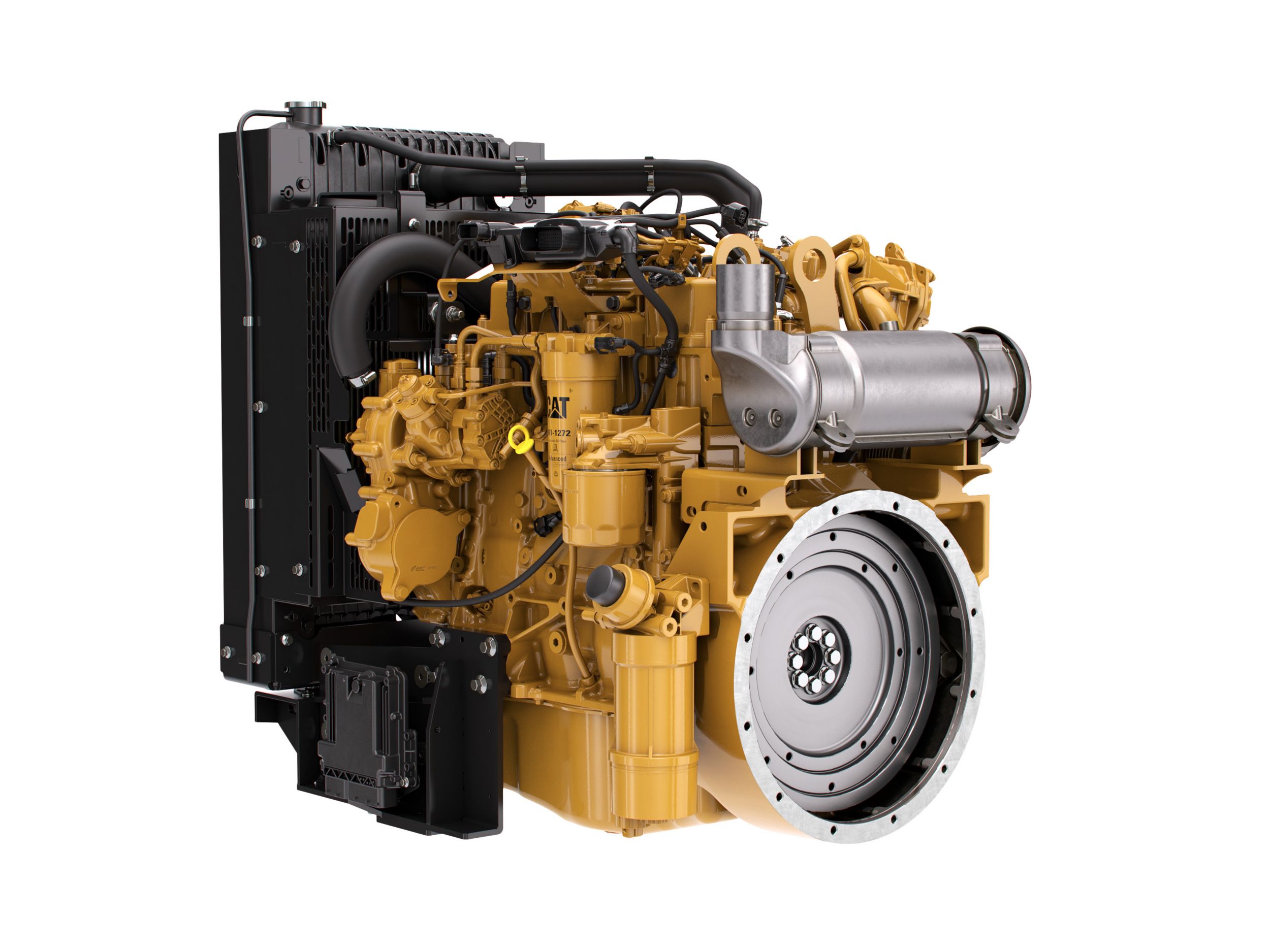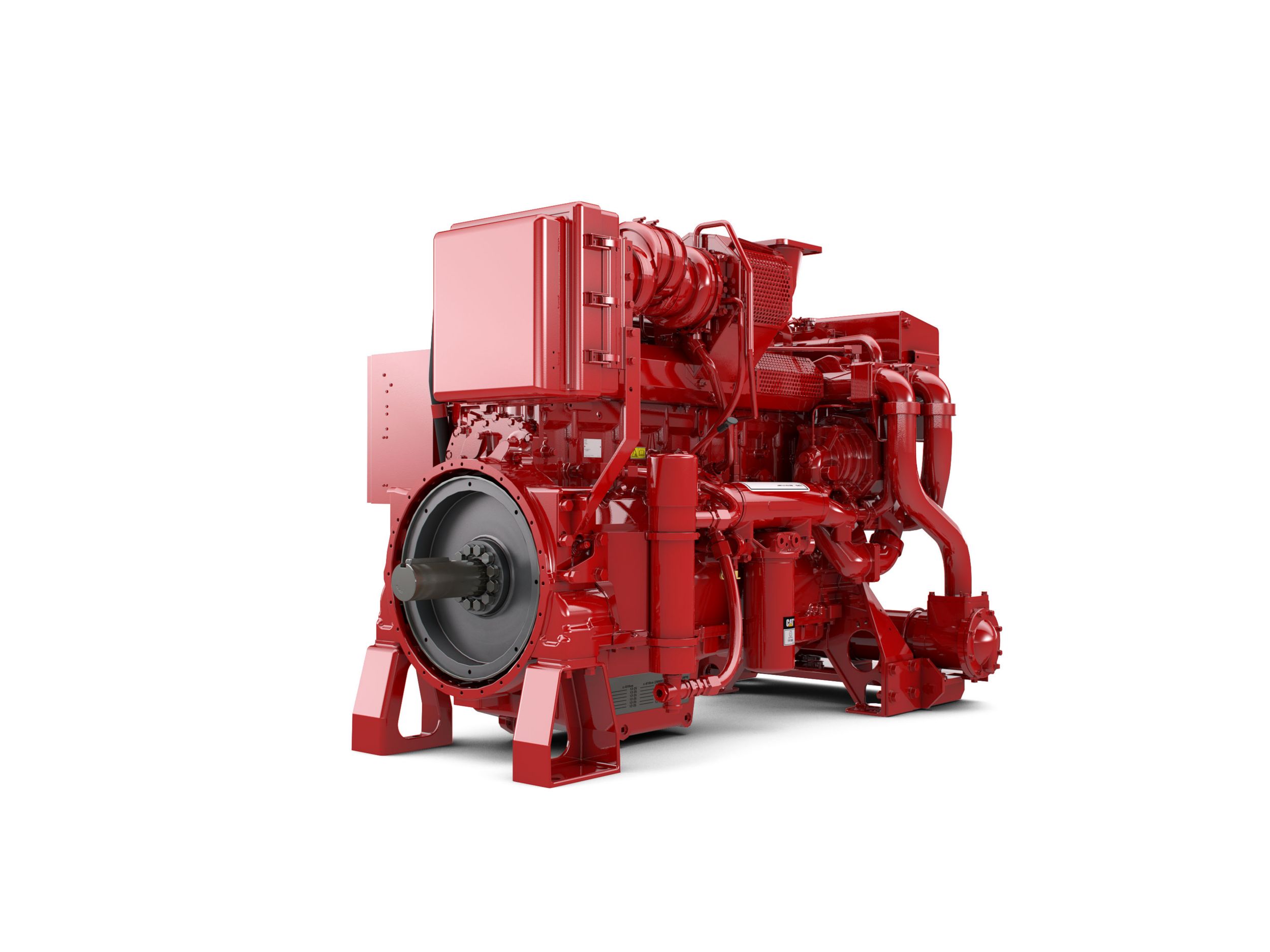

Sign In
Welcome! Sign In to personalize your Cat.com experience
If you already have an existing account with another Cat App, you can use the same account to sign in here
Register Now
One Account. All of Cat.
Your Caterpillar account is the single account you use to log in to select services and applications we offer. Shop for parts and machines online, manage your fleet, go mobile, and more.
Account Information
Site Settings
Security
3 Things To Know About
Diesel Regeneration
Engine Parts
-
Cat Engine Parts for Your Equipment
Learn More -
Cat Powered Chippers and Grinders: Getting Down to the Grind
Learn More -
Cat Powered Pumps: Built to Last
Learn More -
Cat® Aftermarket Products for Any Application
Learn more -
Cat® Powered Compressors: Built to Last
Learn More -
Cat® Reman
Learn more -
Cat® Turbochargers
Learn more -
Cylinder Head Repair Options
Learn more -
Equipment Management
Learn More -
Genuine Cat® Parts, Kits and Repair Options For Industrial Engines
Learn more -
Genuine Parts
Learn more -
How Aftertreatment Affects Service
Learn More -
Replacement Engines
Learn More
Services
Sustainability
Deepen your DPF Knowledge
If you haven’t already, you’re going to be hearing a lot about DPFs (diesel particulate filters) as emissions standards evolve. EU Stage V emissions standards are driving the use of these aftertreatment devices, and with many engine manufacturers aiming to offer one common platform globally, you’ll find them used in more than just European markets. When you’re evaluating DPFs for your application, here are three things to keep in mind:
Not All Regeneration Systems are Created Equal
DPFs capture and store carbon and soot to reduce particulate matter emissions. The trapped material must be emptied or burned off periodically to “regenerate” the filter. That regeneration process may differ from engine manufacturer to engine manufacturer — so be sure to ask about these factors:
- Load requirements or limitations: Does the engine need to operate at or above a certain load for regeneration to work properly? If so, your customers, particularly those working in “light” applications, may be forced to buy a load bank — which could double the cost of the engine.
- Operator involvement: What responsibility, if any, does the operator have for making sure regeneration happens when and as it should?
- System life: Is the regeneration system designed to last for the life of the engine? If not, consider the downtime, costs and inconvenience associated with replacement.
Choose a System That Favors Operators
A shortage of well-trained, experienced equipment operators is presenting big challenges across industries these days. Don’t let DPF regeneration add to a machine’s complexity. Instead:
- Look for systems that are “transparent”: That means regeneration happens in the background with no operator interaction. Ideally, there should be no buttons to push, no switches to throw and definitely no need to park the machine to take action.
- Make sure the system can regenerate in any environment: Some systems require operators to take different actions in certain applications, such as working inside a flour mill or in a corn field where temperatures can’t get too hot. That can be confusing for the operator and potentially dangerous.
Telematics, Genuine Parts and Fluids Matter
Engine manufacturers will tell you ALWAYS to follow guidelines set forth in the operation and maintenance manual. But the addition of aftertreatment systems makes even the most durable engines more sensitive to abusive operation or missed maintenance. That's why it's critical to make sure your customers know the following:
- Saving a couple dollars buying a cheaper off-brand isn’t worth the risk of damaging an expensive regeneration system. Sticking to a service schedule is critical, too. Having access to a dealer network with fast parts availability and plenty of service shops and trucks makes a big difference in ensuring the right maintenance gets done at the right time.
- When engines are connected to a telematics system, your customers (and their dealers) can keep an eye out for operator abuse and keep preventive maintenance on track. Spotting problems before they turn into failures saves money and downtime.
